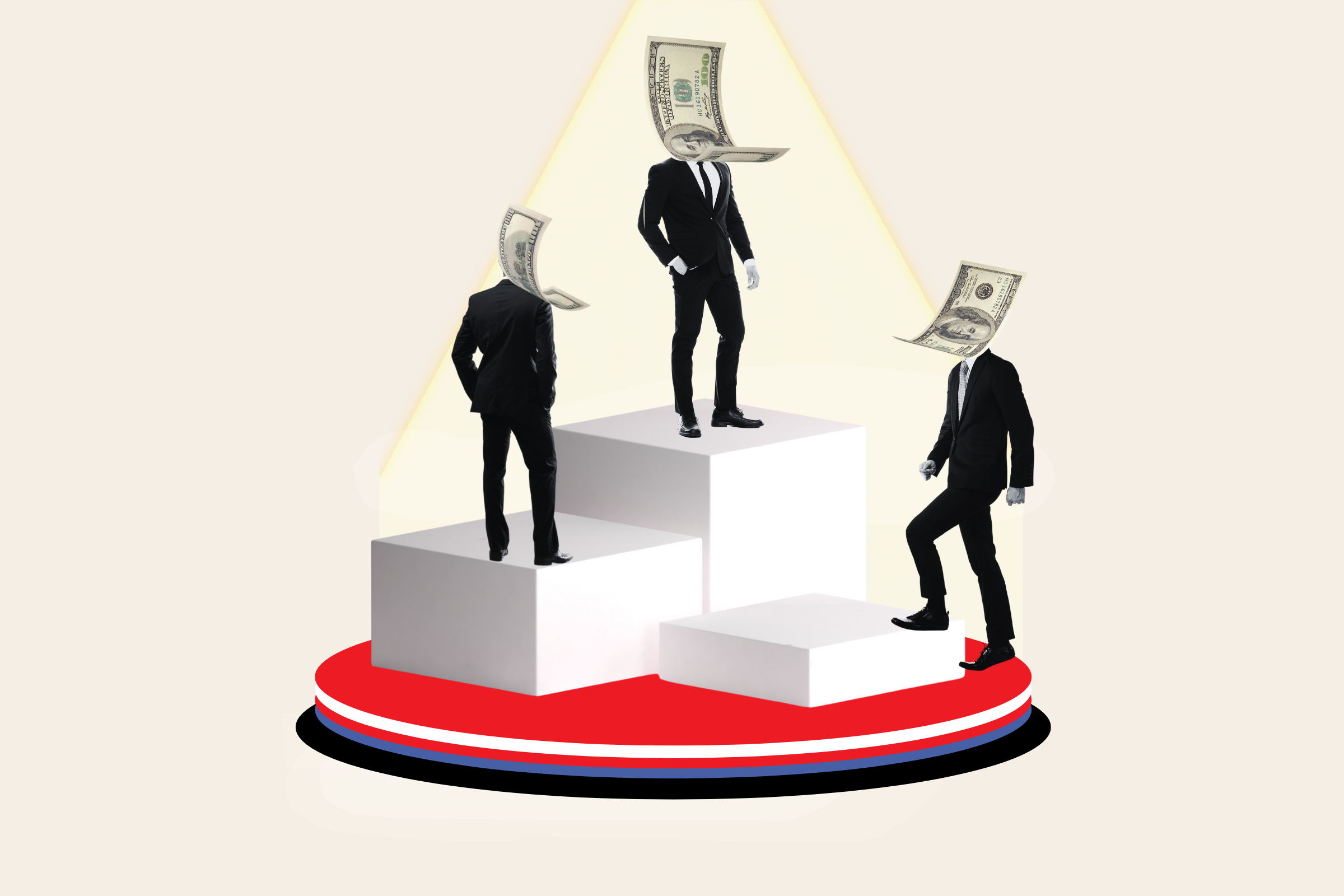Cities have become the beating heart of the planet’s economy and a linchpin in the fight against climate change. They generate 70% of global greenhouse gas emissions and contribute more than 80% of the world’s GDP. As urbanization surges—from 50% of the global population today to an anticipated 70% by 2050—cities are poised to gain an additional 2.2 billion residents, primarily in Africa and Asia. This rapid growth magnifies the stakes for urban transformation, underscoring the urgency of creating sustainable cities to meet the global goal of limiting warming to 1.5 degrees Celsius.
So how can we prepare for rapid growth of cities and create clean, sustainable spaces to live and work? This was the focus of the 12th World Urban Forum (WUF12), organized by UN-Habitat, which brought together over 30,000 participants from 182 countries to explore practical strategies for building cleaner, greener, and more inclusive urban centers. Anacláudia Rossbach, Executive Director of UN-Habitat, offered a vision of hope: “Imagine a city that breathes—where green spaces weave through urban grids, air quality is no longer a privilege, and every individual has a secure, affordable place to call home.”
Cities face immense challenges as climate change and population growth converge. Rising temperatures are straining green spaces and urban ecosystems, degrading air quality, and jeopardizing biodiversity. The increasing frequency of extreme weather events, such as the tornadoes recently seen in Valencia, Spain, adds to the pressures, causing devastating floods and damaging critical infrastructure. Cities are also grappling with water scarcity driven by shifting precipitation patterns and prolonged droughts.
These challenges come with hefty price tags: mounting costs for disaster response, climate adaptation measures, and infrastructure repairs. Yet, as the WUF12 discussions highlighted, these challenges are matched by equally vast opportunities for innovation, resilience, and transformation.
Among the cities stepping up to the challenge, Tokyo stands out as a global leader in climate resilience and decarbonization. Governor Yuriko Koike encapsulates this commitment: “Faced with the crisis that is climate change, we will create a sustainable city model from Tokyo, a major energy consumer.”
Tokyo’s TOKYO Resilience Project showcases the city’s forward-thinking approach. This multi-billion-dollar initiative includes advanced flood mitigation infrastructure such as vast underground water reservoirs: “in response to rising rainfalls due to the impact of climate change, we will develop huge underground regulating reservoirs that prevent flooding and the overflowing of rivers,” Governor Koike explained. “We will also undertake the project of developing underground rivers which connect a number of underground regulating reservoirs and channel water there to Tokyo Bay.”
These measures protect one of the world’s most populous urban centers from increasingly severe storms.
Tokyo’s energy transition is equally ambitious. Beginning in April 2025, rooftop solar panels will become mandatory on all new homes and buildings constructed by major developers. Government subsidies for homeowners to install solar panels also aims to triple solar capacity. Tokyo is also pioneering vertical solar panels on skyscrapers, a first-of-its-kind innovation capable of generating over 1 MW of energy per building. Public transportation, too, is being electrified, with green hydrogen fuel-cell buses and trucks. The installation of Japan’s first hydrogen exchange is underway: “This fiscal year, Tokyo has doubled its budget related to hydrogen energy, and is taking measures from the three perspectives of “producing,” “transporting,” and “utilizing” hydrogen,” Koike explained. “We are pushing forward the initiative to build a supply system including pipelines to utilize green hydrogen received from abroad. We will also go ahead with promoting the use of green hydrogen through initiatives including the launch of Japan’s first hydrogen exchange.”
The WUF12 emphasized the transformative power of technology in urban planning. Innovations in AI and IoT are redefining how cities monitor air quality, manage waste, and optimize energy consumption. For example, initiatives like SusHi Tech Tokyo 2024 have brought together over 430 startups and urban leaders to explore climate-tech solutions, showcasing Tokyo’s role as a global innovation hub.
Rossbach stressed that technology must prioritize people over efficiency: “Smart cities are not just about efficiency—they are about equity, accessibility, and resilience.”
Public-private partnerships (PPPs) were highlighted as a cornerstone of sustainable urban development at the forum. By blending resources, expertise, and financial mechanisms, PPPs are tackling complex challenges such as affordable housing and renewable energy. Tokyo’s Energy Generation and Storage Promotion Fund exemplifies the potential of such collaborations, using innovative financing to expand green infrastructure. “We will reinvigorate sustainable financing through various initiatives including supporting the issuance of SDG bonds in the private sector and helping expand the asset management industry,” Governor Koike said.
Rossbach articulated the need for “radical collaboration”: “When we speak of partnership, it is not just a concept but a call for action. Our partnerships are commitments to communities, to creating jobs, and to building frameworks that withstand environmental and economic shocks.”
The WUF12 was not only a space to confront daunting challenges but also to imagine extraordinary possibilities. Cities, with their density, innovation hubs, and economic influence, have the unique potential to lead the world into a sustainable future. Initiatives like Tokyo’s showcase how cities can shift from being major polluters to pioneers of green energy and resilience.
An essential takeaway from the forum was that cities must embrace both large-scale and localized solutions. From rooftop solar panels and green hydrogen buses to urban farms and community-led housing projects, the spectrum of possibilities is vast. “The climate crisis is intensifying,” warned Governor Koike, “so much so that some people say the age of ‘global boiling’ has arrived. It is the responsibility of cities to take initiatives in decarbonization as they are at the forefront of saving the lives of citizens.”
As cities navigate the challenges of climate change, urbanization, and resource constraints, forums like the WUF provide a critical space for collaboration and innovation. Cities have the unique opportunity—and responsibility—to lead the global transition to a green economy. Their transformation is pivotal to achieving global decarbonization goals. As urbanization accelerates, platforms like the WUF help ensure that cities remain at the heart of climate action.
Rossbach summed up the mission: “From ensuring affordable housing to advancing renewable energy, we need to foster collaborations that prioritize human well-being over profit and sustainability over convenience.”















